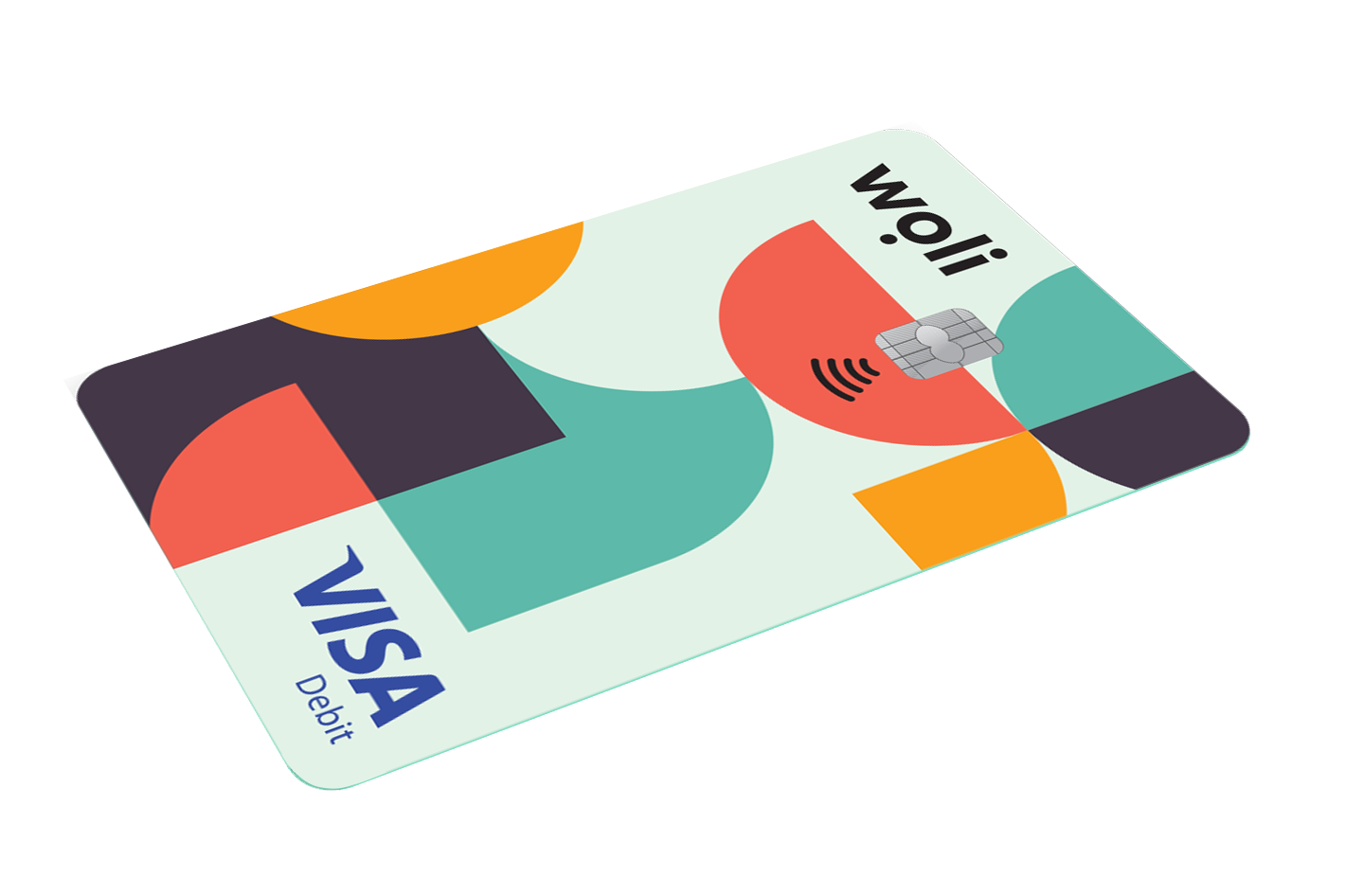In today’s complex financial landscape, financial literacy is more critical than ever, as it equips young people with essential skills such as budgeting, saving, and investing to secure their financial future.
However, a significant gap in financial knowledge among teenagers highlights the urgent need for effective educational initiatives. With globalization and digital advancements making financial services more accessible yet complex, young people face greater financial challenges and risks than previous generations. Financial education is increasingly recognized as a vital life skill that complements consumer protection, promotes informed decision-making, enhances financial well-being, and contributes to broader financial stability and inclusive economic growth.
Why Many Teens Lack Financial Literacy – and How to Fix It
Despite recognizing the importance of financial knowledge, many teenagers feel unprepared to manage their finances:
- Lack of Financial Education: A survey by Junior Achievement USA revealed that 41% of teens aged 13 to 18 have not received any financial literacy classes in school.
- Unpreparedness for Financial Futures: The same survey found that 54% of teens feel unprepared to finance their futures, highlighting a widespread concern about financial readiness.
- Impact of Rising Education Costs: Approximately 69% of teens reported that increasing education costs have influenced their plans for post-secondary education
The PISA 2022 financial literacy assessment revealed that, on average, only 11% of students across OECD countries and 8% globally achieved the highest proficiency level, demonstrating advanced financial knowledge and problem-solving skills. These top-performing students can effectively analyze complex financial products, identify hidden costs, and apply their understanding to real-life financial scenarios, such as borrowing money and calculating bank balances while considering multiple factors like transaction fees. Their skills extend to anticipating future financial challenges and making informed decisions, supported by a strong grasp of mathematical operations and strategic planning. The findings underscore the importance of financial education in equipping students with the ability to navigate an increasingly complex financial landscape.
What Parents Think About Teaching Kids Money Management
A recent survey conducted by Woli in collaboration with the University of West Attica highlights the growing awareness among parents about the importance of early financial education. The findings reveal that an overwhelming 80% of parents believe that teaching children how to manage money effectively from a young age is crucial for their future financial well-being.
Moreover, 68% of parents agree that the most effective way to educate their children about money is through practical, hands-on experiences that allow them to learn by doing. This emphasizes the need for interactive and engaging financial education methods rather than traditional approaches.
Interestingly, 65% of parents expressed a willingness to try a money management app and debit card if they were specifically designed to cater to children’s needs. This finding underscores the demand for innovative financial tools that can support parents in guiding their children toward responsible money habits.
These insights highlight a clear shift in parental attitudes towards financial literacy, recognizing that early exposure to real-world financial experiences is key to building a solid foundation for their children’s financial future, mentions Ioannis Rizomyliotis, Associate Professor of Digital Marketing at University of West Attica.
How Woli Helps Kids Build Money Management Skills
Woli is committed to bridging the financial literacy gap by providing tools and resources tailored for children and teenagers, with active parental involvement:
- Educational Content: Woli offers engaging educational materials that cover essential financial topics, helping young users build a solid foundation in personal finance.
- Parental Controls: Parents can monitor their children’s financial activities, set spending limits, and provide guidance, fostering a collaborative approach to financial education.
- Practical Experience: Through the Woli app and debit card, teens gain hands-on experience in managing money, budgeting, and saving, reinforcing the financial concepts they learn.
Conclusion
Addressing the financial literacy gap among teenagers is imperative for fostering a generation capable of making informed financial decisions. By leveraging tools like Woli and encouraging open financial discussions between parents and children, we can empower young people to navigate their financial futures with confidence and competence.
💡Want to help your teen become financially savvy? Try Woli’s app today and start building money management skills! Download the Woli app on Android or iOS now, follow the steps to add your child and get 30 days FREE on the premium BASIC subscription plan and a FREE physical Woli card!









